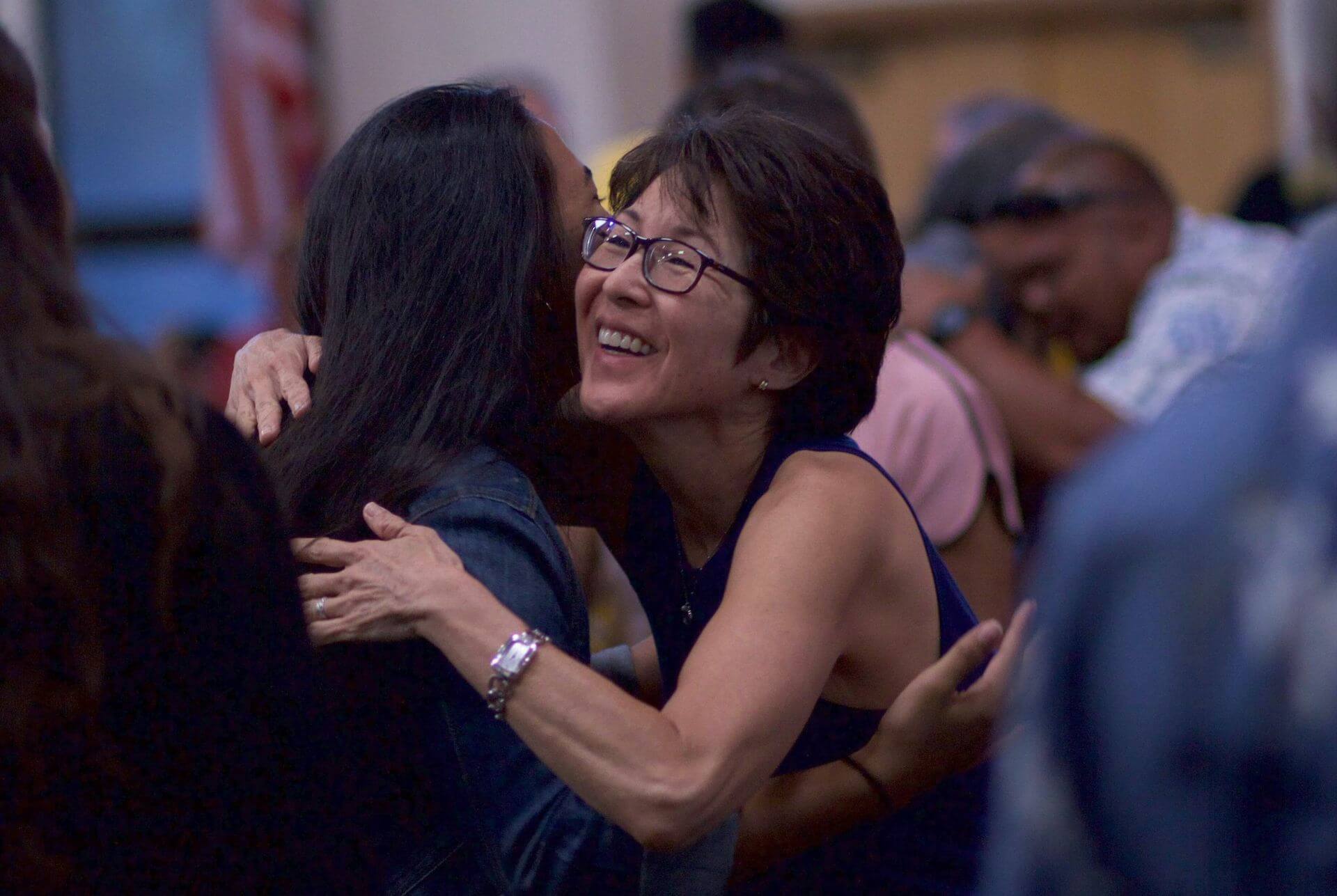All posts
How to Have a Good Relationship with Your Adult Children
Navigating a relationship with adult children can be tricky. When they were kids, you knew what your responsibilities were. You provided them with basic needs such as food, clothes, and medical care, as well as a safe and supportive environment to grow up in. They relied on you for everything. But what happens when your […]


Navigating a relationship with adult children can be tricky. When they were kids, you knew what your responsibilities were. You provided them with basic needs such as food, clothes, and medical care, as well as a safe and supportive environment to grow up in. They relied on you for everything.
But what happens when your kids become independent adults who don’t really need you anymore?
Whether they’re learning to walk, heading off to their first day of school, or moving into their first rental, they’ll always be your children. But as your kids mature, your relationship needs to mature, too.
We provide some tips to adapt to your new dynamic and foster a good relationship with your adult children.
Let them go and respect new boundaries
It’s normal for emerging adults to pull away from their parents a little in order to define their identity and build independence. Support your grown kids to stand on their own feet, and respect this increased need for privacy.
It may be tempting to call them several times a day or show up to their place unannounced, but a lack of respect for boundaries can damage your relationship.
Letting go can be hard, but it’s an essential building block for a healthy parent-grown-child relationship.
Don’t offer advice unless asked
Part of growing up is learning to make your own decisions. You may have had reign over what they wore, ate, and did when they were younger, but now your kids are adults, you’ll need to break away from that role.
Avoid the urge to express your opinion or judgement, as this can be hurtful and drive them away. Let them do things their way, respect their viewpoint, and don’t offer any unsolicited advice.
Give them positive feedback and validation
Children want to make their parents proud, even when they’re all grown up. It’s important to celebrate their independence and let them know they’re doing a good job.
Positive feedback such as “your new place looks great” or “I’m so proud of you for being independent” can provide the validation young adults need to build confidence.
Find fun ways to spend time together
When you live together, ‘family time’ happens naturally. But when your kids grow up, you may need to get creative to spend time together outside of the fortnightly Sunday roast.
Embrace this opportunity to form a friendship with your child, and do the things you love together. Whether it’s cooking, exercising, watching sport, or going to the cinema, find activities to connect and converse over.
Don’t guilt them
Children need independence to succeed, and resisting their autonomy or being too emotionally needy can drive a wedge between you.
Don’t guilt them about moving out of home, or not visiting or calling enough. This can make visiting or calling you feel like an obligation or chore. Chances are your adult kids are busy with work, relationships, and other responsibilities. Be realistic about where you fit into your child’s life now they’re all grown up, and make the most of the time you do have together.
If you need support dealing with or resolving concerns around relationships, parenting, or other issues, our counsellors can help. Learn more about our counselling services and how to book an appointment here.
Are you having a tough time coping with your kids living out of home? You might find our tips for dealing with empty nest syndrome helpful.
Back to all posts